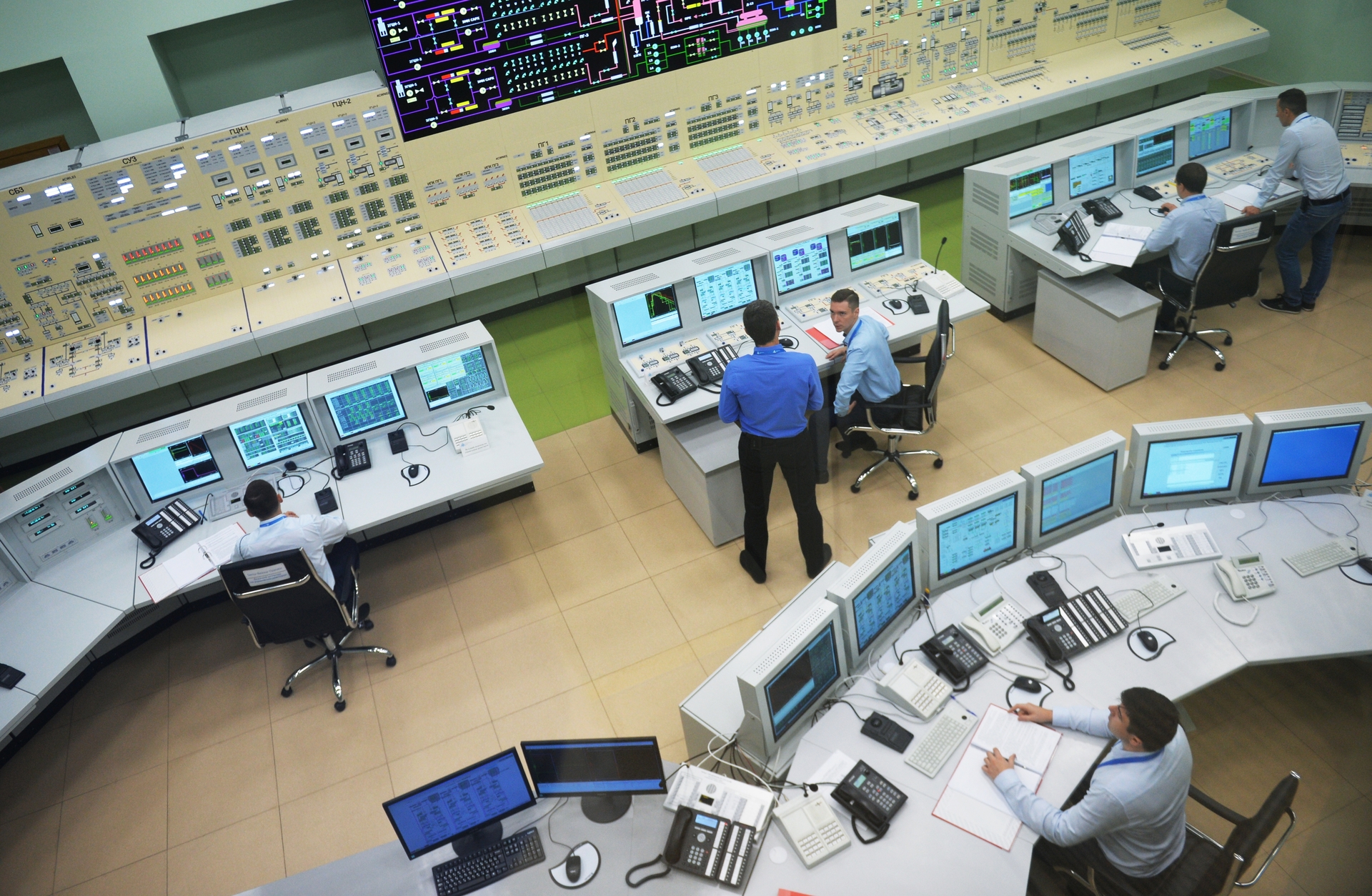Researchers from the Institute of Chemistry of the Far Eastern Branch of the Russian Academy of Sciences and the Far Eastern Federal University have created improved tablet fuel for nuclear power plants. This was reported in the journal Nuclear Engineering and Technology. This work was supported by the Russian Science Foundation.
According to the developers, for most reactors, fuel is made on the basis of uranium oxide. In this case, the fuel cell burns only half, ceases to give the necessary energy, and it must be replaced with a new one. The standard fuel cycle of a nuclear reactor is designed for about 12 months, during which time it consumes about 30 tons of uranium oxide. Far Eastern scientists were faced with the task of extending the life of atomic “tablets” by increasing the degree of fuel burnout. To solve this problem, special additives have been developed - burnable neutron absorbers.
“Standard fuel burns out by 50-60%, and if additives are used, this figure increases to 80-90%," said RT chief author of the study, head of the laboratory of composite and ceramic functional materials of the Institute of Chemistry of the Far Eastern Branch of the Russian Academy of Sciences Evgeny Papynov.
Scientists have made composite fuel with the so-called burn-out neutron absorber - gadolinium trioxide. According to Yevgeny Papynov, thanks to such an additive, the fission cycles of uranium atoms are increased and accelerated, and harmful absorption of neutrons in the later stages of the working cycle is eliminated. According to him, the burnout cycle of “tablets” with gadolinium trioxide increases to 24 months, and the cost of each cycle ultimately decreases by 3%.
According to the scientist, at present, only one German company has mastered the industrial production of fuel with such additives all over the world, and Russia may become the second country producing improved atomic “tablets”.
- Thanks to the new composition and improved technology, nuclear fuel burns more efficiently, with increased energy release
- RIA News
- © Pavel Lisitsyn
According to Evgeny Papynov, the main problem with the use of additives is to reduce the quality of the final product: with an increase in the degree of burnout, characteristics such as the melting temperature and fuel density deteriorate. The most difficult thing in the work of chemists was to find the necessary balance, in which all the parameters of the "tablets" would be harmoniously combined. The work took almost seven years.
“Now we are improving the methods for preparing sintering mixtures in order to obtain materials with higher operational strength characteristics,” the specialist concluded.

